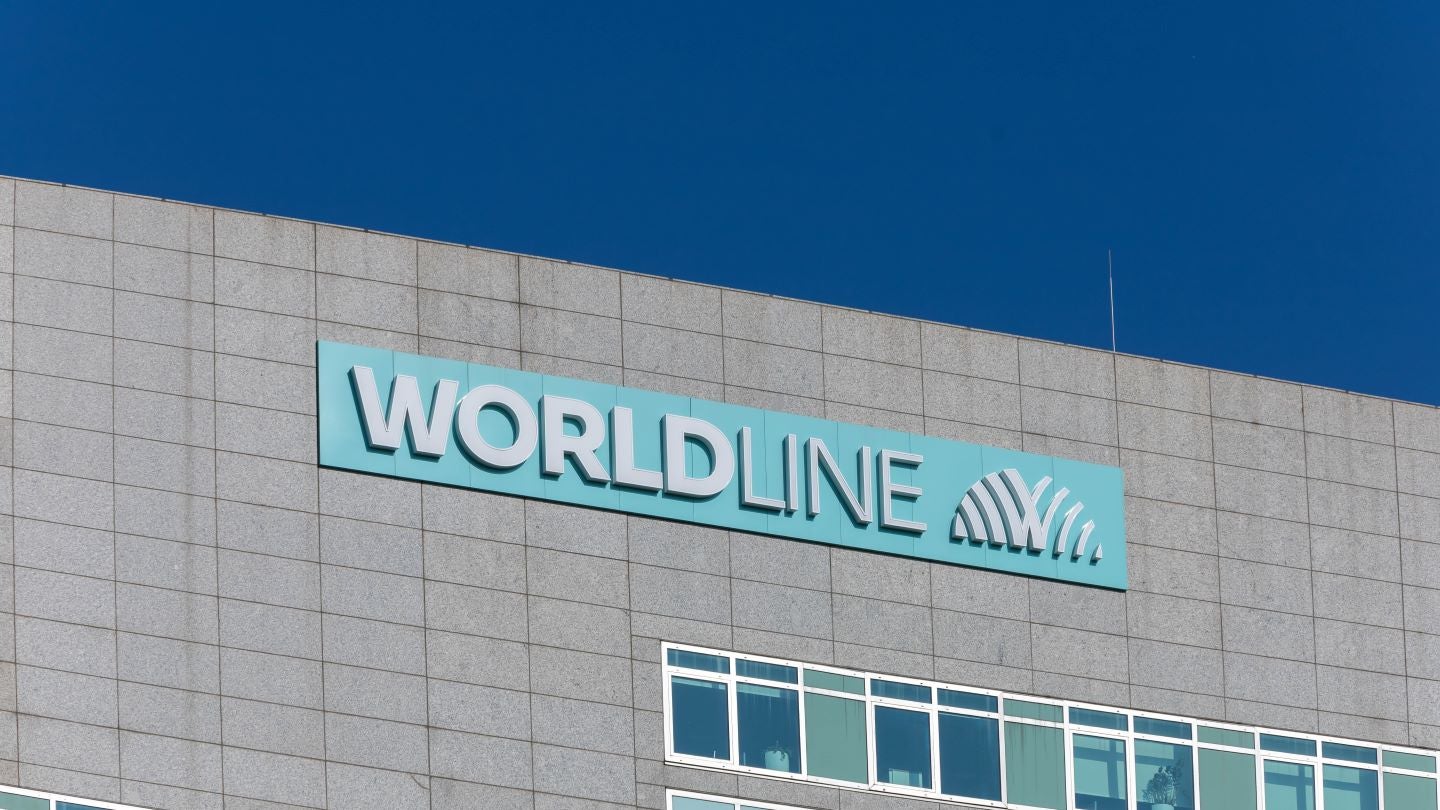Worldline initiates independent reviews following fraud claims

French payments processor Worldline has enlisted external specialists to scrutinise its client base and internal controls after media allegations of overlooking fraud led to a steep drop in its stock value.
In an interview with Les Echos, the company’s chairman Wilfried Verstraete confirmed that Accuracy, an auditing firm, will evaluate the company’s portfolio of high-risk merchants.
Go deeper with GlobalData
Additionally, consultancy Oliver Wyman has been appointed to examine Worldline’s compliance mechanisms.
Worldline intends to disclose preliminary results from these reviews alongside its half-year financial results on 30 July, Verstraete told Les Echos, aiming to restore confidence among investors and stakeholders.
The audits follow reports by the European Investigative Collaborations, a network of 21 European media outlets, which alleged that Worldline disregarded regulatory warnings and maintained relationships with clients linked to high fraud rates.
In response, Worldline stated that it has enhanced its merchant risk controls since 2023 and terminated non-compliant client relationships.

Don’t let policy changes catch you off guard. Stay proactive with real-time data and expert analysis.
By GlobalDataThese claims caused Worldline’s market value to fall from a high of €24bn ($28.1bn) four years ago to under €1bn, Bloomberg reported.
Last week, Belgian prosecutors have initiated an investigation into Worldline’s Belgian operations following the media reports.
Sweden’s Financial Supervisory Authority has requested a meeting with the company.
The European Central Bank (ECB) continues to hold two Worldline bonds—a €500m note due in 2027 and a €600m note maturing in 2028—as part of its quantitative easing programme, reported Bloomberg.
According to data released, these bonds, acquired years ago, remain on the ECB’s holdings list.
The ECB does not disclose the size of its individual corporate bond holdings and is not obligated to sell bonds if their ratings are downgraded to non-investment grade.
These securities are generally available for lending, enabling investors to borrow them and speculate on price declines.

Sign up for our daily news round-up!
Give your business an edge with our leading industry insights.
Content Original Link:
" target="_blank">


































































